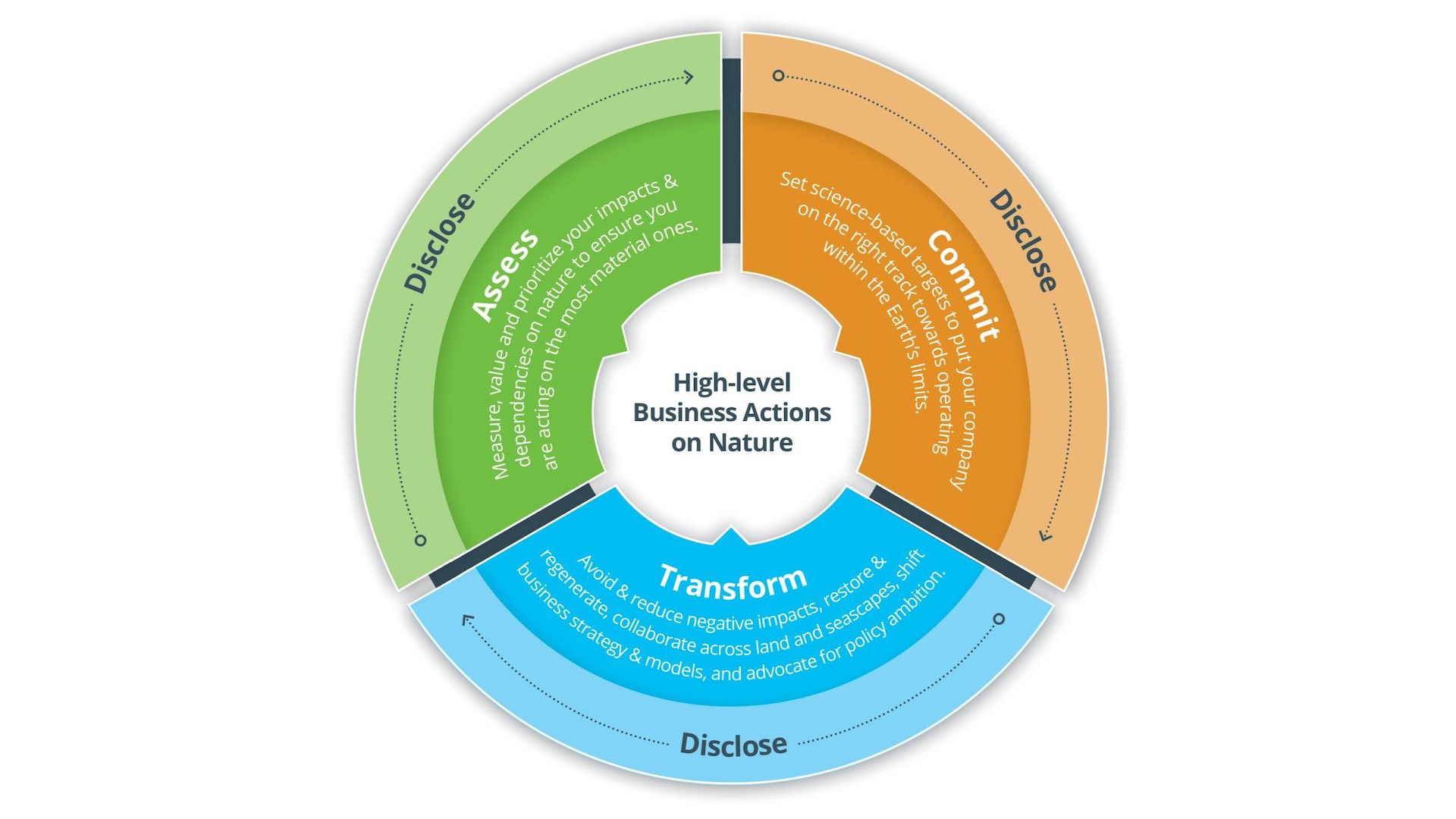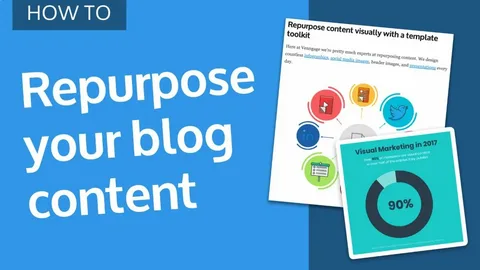The Challenges with Digital Health Monitoring in a Post-Roe
After the court rules on Roe v. Wade, a lot of people are now concerned that what role digital privacy
will play in such situations. There are different applications people use every day that have access to
their sensitive info. It can be and has been a problem for many people in the past.
The problem is not with the use of the internet and researching your health. It is completely fine to pay
the Cox internet price or to some other ISP to continue usage. Because there are so many activities from
work to socialization, and other activities people do online. But it is important to be wary of the digital
trail you are leaving behind when looking for anything related to the Roe v. Wade ruling and
reproductive care.
The Following are the challenges with digital health monitoring:
Your Data Is Out There
The searches you make, the sites you visit, and the posts you interact with are recorded. Generally,
companies claim that they do this to create a more personalized experience for the users. Such
companies claim that they use your data for advertisements and marketing without revealing your
identity. But the Cambridge Analytica scandal has shown that this data can fall into malicious hands.
After the criminalization of procedures like abortion that fall under Roe v. Wade, it is now more
important to be careful with the data you leave. Private data collectors compile data and often sell it. A
recent account of location data purchase was by CDC from one of those data brokers as reported by
VICE to see how well Americans followed the lockdown procedures and other uses.
Simply put, your data is available for purchase and can reach other hands, good or bad. So, it is best to
limit the data you share and who you share it with for your safety. A popular reproductive health
tracking application Flo was sanctioned by FTC for sharing data with Facebook and Google. Usually, such
companies claim that the data is “de-identified”. It means the data does not specify your identity. Still,
these practices are concerning especially after Roe v. Wade.
Location Trail and Search History
People knowingly and unknowingly grant access to many applications to see their location. Generally,
these are map applications for navigation that require you to give access. But there are a number of
apps that do not logically need your location to function. Still, they ask you for access to the location. For
people visiting or planning to make appointments at reproductive health clinics, this location data can
cause problems. Therefore, it is important to limit the apps that can see your location for safety.
Apart from the location trail, the fact that some third parties can see your search history is not very
reassuring. Searching for medication or clinics for reproductive health online can or may be used against
you in states with strict laws. So, it is best to be more careful with the searches.
When you are making appointments at a reproductive health clinic, you can take measures to cover
your digital path. Disable location tracking on map applications. Also, you can use incognito mode or a
browser that does not record search history. Further, you may use VPN for this purpose as well.
Privacy Policies Reproductive Health Tracking Applications
There are a number of reproductive health or menstrual health tracking apps available to download. But
the problem with these apps is that not all of them are trustworthy. Flo is one of the more popular ones.
But as mentioned earlier, the company has faced sanctions by FTC for sharing before. Such occurrences
raise concerns for people who use these apps. Because a user’s private data shared with the app may
show pregnancies and other medical conditions. However, the company claims better and more privacy-
enhancing changes to its policy.
Clue, a European company, and Apple have relatively better privacy measures for users. Since the
company has to abide by the General Data Protection Regulation (GDPR). This means the user data is
not shared with ad networks and third parties. On the other hand, Apple claims that data on the Apple
Health App is encrypted locally and on the cloud with encryption. Further, if you have two-factor
authentication, your data is more secure from all eyes.
Besides the general policies, there may be state policies that different health tracking apps may have to
follow. So, it is best to go through the policies of such apps and see what others can see and what they
can’t. Also, beware of shady applications in the process.











